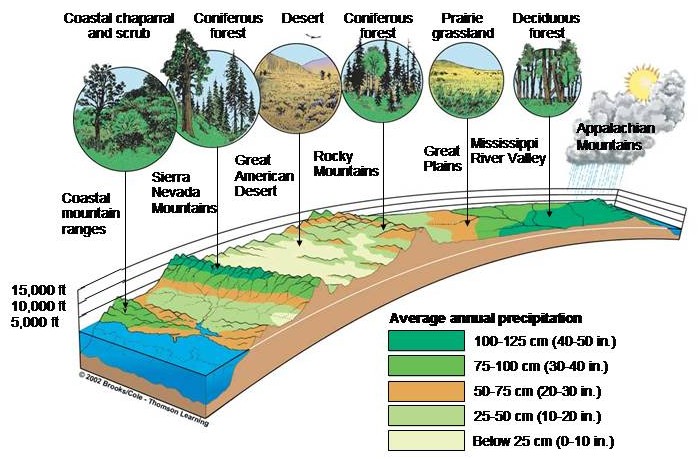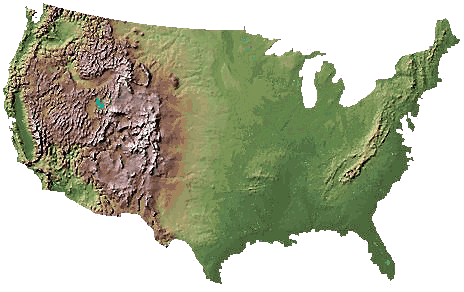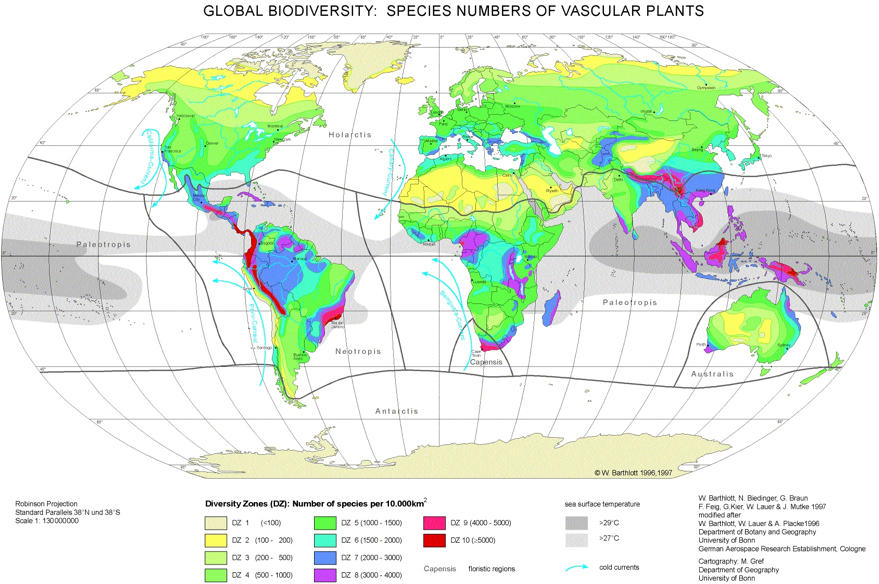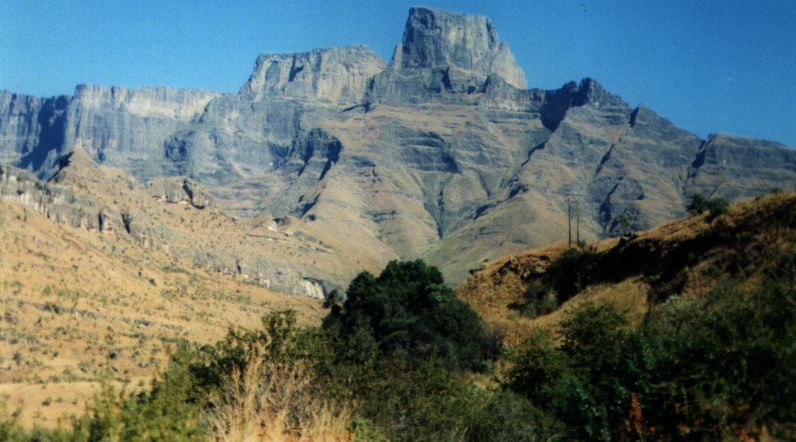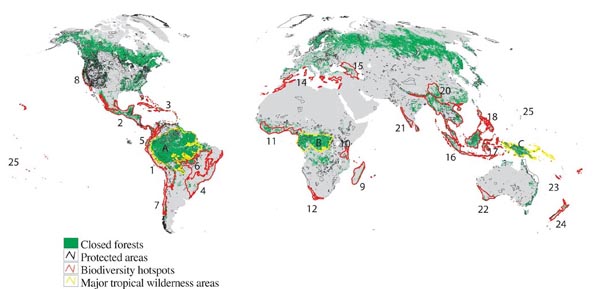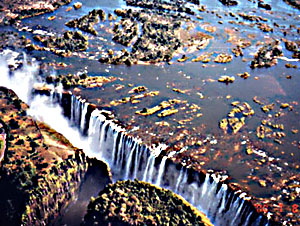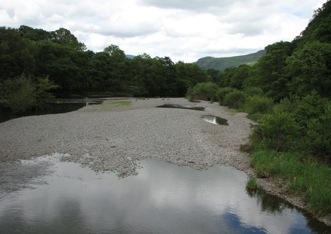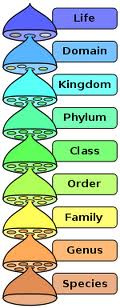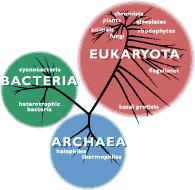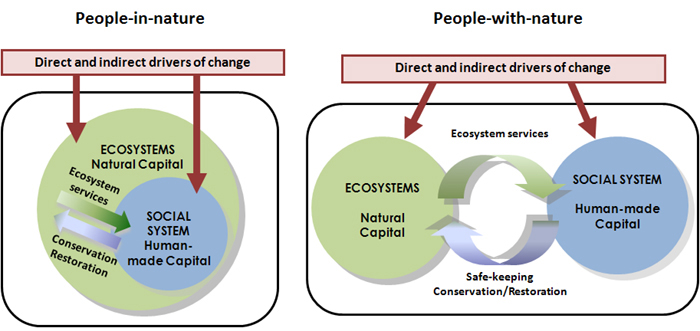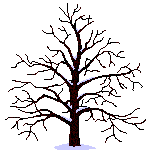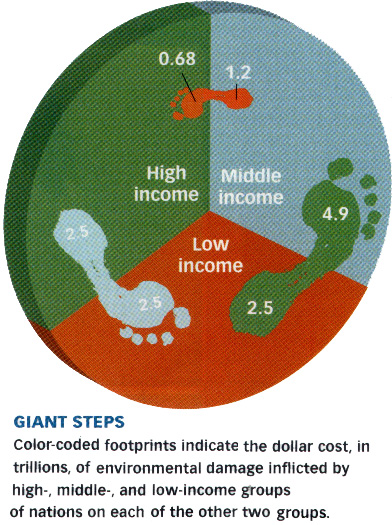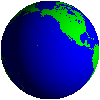Wed 1/27/16
Biomes, ecology and an emerging science to better understand the Earth.
What exactly is a biome?
Eagerly seeking some generalized pattern, scientists in the last century for both intellectual and aesthetic reasons, were learning to examine old ideas about vegetative associations in strikingly new contexts as a means of analyzing and quantifying different conditions that prevail geographically in different parts of the planet.
An imperative 1 since Alexander von Humboldt had been to distinguish the earth's diverse settings by lumping large areas into zones. Von Humboldt by studying South America and Mexico came up with the torrid, temperate, and frigid zones as separate terrains with distinctly different forms of vegetation and associated animals.
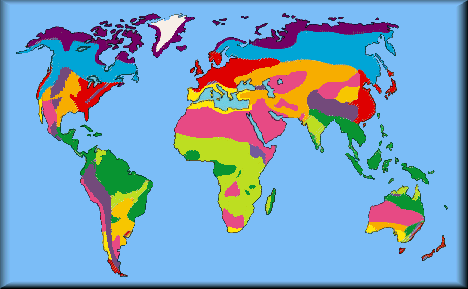
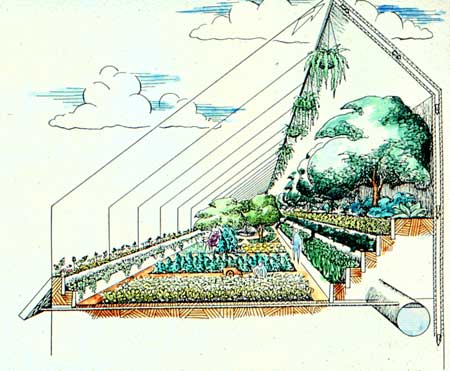

![]()
return to top of the page
"Biomes: the great vegetation types. . . . A biome is a large geographical region having a defining climate to which plants show a similar physiological adaptation.
General growth forms of vegetation – evergreen trees, deciduous trees, cacti – can characterize the vegetation of whole regions and can be classified into biomes." 2
Biomes mapped worldwide.
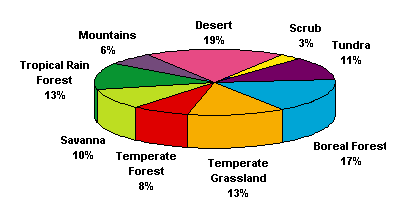
Graphic as pie chart of biomes representing the percentage of terrain covered by each type of vegetation.
![]()
A transect of biomes across the United States from the Pacific Ocean in the west to the Atlantic Ocean in the east.
Changes in altitude may create varied conditions to which vegetation must adapt differently to rainfall and snow patterns.
![]()
An example of an endangered biome.
South African vegetation called Cape Flora is among the endangered plant associations referred to as biodiversity hot spots (12 below).

Water is the driver of life according to da Vinci.
Victoria Falls on the Zambezi River the falls divide Zimbabwe from Zambia, in southern Africa. |
![]()
Aldo Leopold once suggested metaphorically that natural history was a form of thought running along a plane that is at a perpendicular angle to traditional evolutionary biology. As such it is the newly emerging body of knowledge associated with ecology, which he believed was destined to become the lore of biotic navigation, along round river.
"Ecology is a science that attempts this feat of thinking in a plane perpendicular to Darwin. Ecology is an infant just learning to talk, and, like other infants is engrossed with its own coinage of big words."
Leopold, Almanac. 1949. .p.189.
 |
The right triangle has analogous qualities to a style in a sun dial [below] that casts a shadow, thereby revealing the passage of the sun and the time of day. While one instrument indicates a measure of space, the gnomon or sundial indicates the rotation of the Earth and thus its duration of passage, as a measure of time, about its axis as it moves in relation to the sun. |
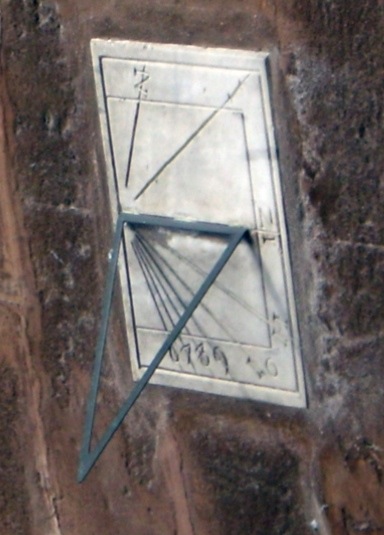 |
|
Perpendicularity
|
a quality of having a direction or position completely vertical – or 90 degrees – to an adjacent plane. |
Life can be seen as a hierarchy of interacting and self-sustaining forms that cooperate and compete.
∞∞∞
![]()
Ecological Science, biomes, rivers as real and as metaphors, and how to think systemically.
Do please browse this site and read enough to feed your curiosity.
Guide to Political News & facts on the world wide web
Non Governmental Organizations
![]() words index
words index ![]() photograph index
photograph index ![]() social science index
social science index ![]() landscape is?
landscape is? ![]() dozen basic concepts
dozen basic concepts ![]()
![]()
Promoting an ecological comprehension of reality. I wish I had said that one goal of continuing education is to motivate learners enough to become self-making.
To me, learning requires as much passion balanced with logic to become effectively "self-making" as it does an enduring dedication to correct our errors, or revise our ideas sufficiently to actually alter our biases. If you can do that you may be able to reinvent the world to the extent our imaginations grow to appreciate the paradoxes, tragedies, and unexpected discoveries of learning new ideas in old frames. |
| Fritjof Capra, The Web of Life. 1996, p. 97. |
|
The six kingdom system is an example of the ability to alter existing ideas based on prevailing prejudices, because when I was a child scientists claimed that there were only two kingdoms of life: plants and animals. |
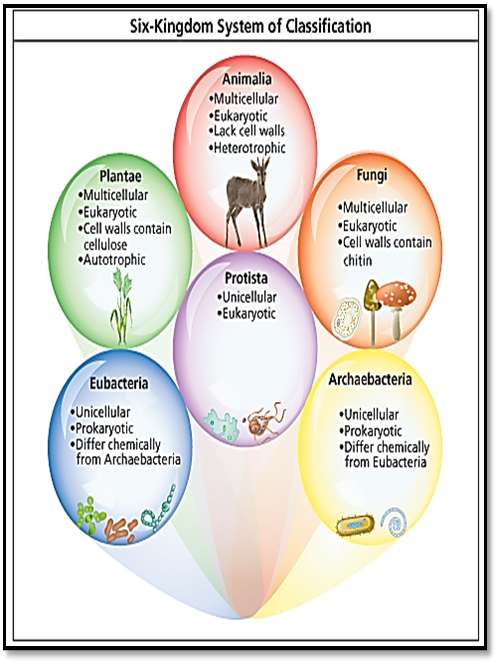 |
![]()
"By calling the emerging new vision of reality 'ecological' in the sense of deep ecology, we emphasize that life is at its very center. This is an important point for science, because the old paradigm in physics has been a model and source of metaphors for all other sciences."
Fritjof Capra, Web pp. 12-13.
| David Orr argues that a basic college education | |||
| "involving the integration of analytic intelligence...." is needed for environmental studies and science.
|
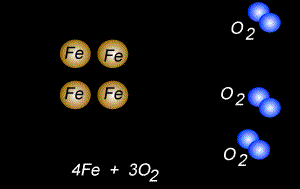 |
||
"Science requires precision of measurement, careful thought, and recall. It is often said that a little knowledge is a dangerous thing. It is not enough to grasp only the 'big picture.' Facts are used to support and argument, and it is essential that you understand how the details relate to the larger concepts. Misinformation about the environment occurs when these details , conveniently or accidentally, are ignored." "The natural world is incredibly complex and full of detail." |
|
||
"Ecology has been isolated within biology departments as though it had little or nothing to do with the social sciences, the humanities, or the professions. The result is a pervasive anthropocentrism ( human obsessed ) that manifests the roles of humans and their ideas, . . . that assumes nature to be infinite, and human ingenuity to be the ultimate resource." |
|
David Orr, Ecological Literacy. pp. 134-135 |
|
Terms to remember, apply, & understand sufficiently to analyze ecological problems.
Crucial concepts in ecological science, history and ideas are to remember, understand, and apply:
- scale
- ecological integrity
- thermodynamics
- environmental justice
- biological community
- ecosystem services
- diversity
- externality
- biotic wealth
Your ecological footprint.
Walden "A model of the possible unity" among "personhood, pedagogy, and place."
Natural capital | Accounting for natural assets | Worth of ecosystem services
Environmental links: topical matters
![]() NGOs, non-governmental organizations:
NGOs, non-governmental organizations:
There are over 25 groups listed here with links to their web sites. In the contemporary corporate world dominated by international conglomerates that supersede national interests, using commercial power to undermine traditional sovereignty, non-governmental organizations remain the only means by which a public voice can be raised over the distribution of wealth derived form natural resources, polluting technology and human labor.
Crucial concepts ![]() Technology index
Technology index ![]() landscape index
landscape index ![]() words index
words index ![]() map index
map index ![]() photograph index
photograph index
![]()
Sources:
1. "The first maps of world vegetation, drawn in 1855 by Augustin de Candolle, a French plant physiologist, revealed that forest types appear to grow in belts that circle Earth."
Mark B. Bush. Ecology of a Changing Planet. Upper Saddle River, N. J.: Prentice Hall, 2000. p. 54.
2. Mark B. Bush. Ecology of a Changing Planet. Upper Saddle River, N. J.: Prentice Hall, 2000. Page 54.
3. Fritjof Capra, The Web of Life: A New Scientific Understanding of Living Systems. New York: Anchor Books, 1996. p. 97
Aldo Leopold, "The Round River," A Sand County Almanac. London: Oxford University Press, 1949. p. 189..
Authors to use in your writing & a partial bibliographic listing of authorities used, quoted, and sited with links on this web site.
Alphabetical guide to the site
![]()
Words ![]() Words
used
Words
used ![]() Geological time scale
Geological time scale ![]() necessary facets of science
necessary facets of science ![]() My blog
My blog
Research sites | nature home | technology home | Non Governmental Organizations
Writing | writing guide | writing from texts | how to approach writing | writing papers | writing & world views
Research sites | nature home | technology home | Non Governmental Organizations
When writing: always consider | Writing Criteria: listed | Free writing | Writing from texts | Writing guide | Good writing
![]()
Science index ![]() Technology index
Technology index ![]() landscape index
landscape index ![]() words index
words index ![]() map index
map index ![]() social sciences
social sciences ![]() photograph index
photograph index ![]() global warming index
global warming index
![]()
Created, 1-24-2014, & revised: January 27, 2016 .
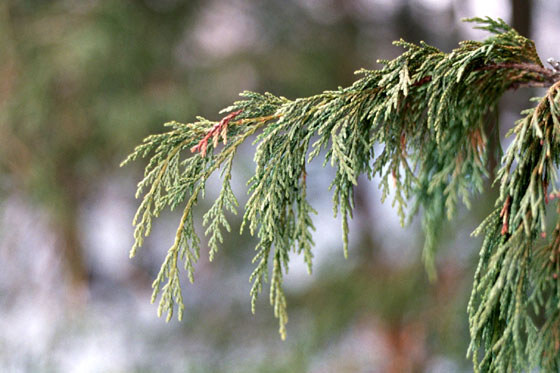

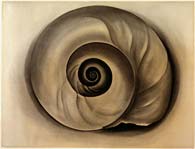

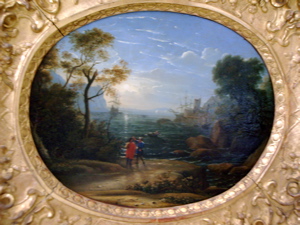

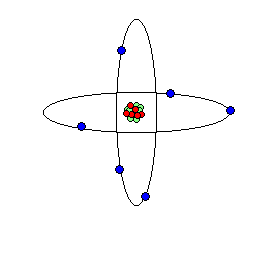

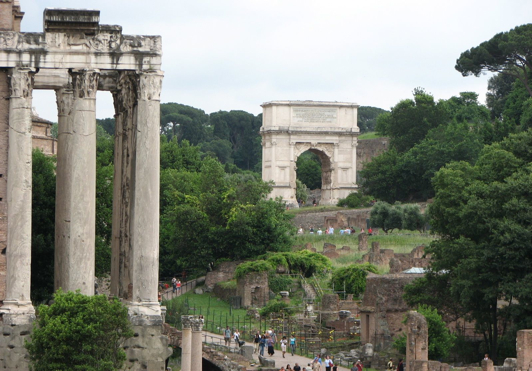

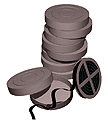




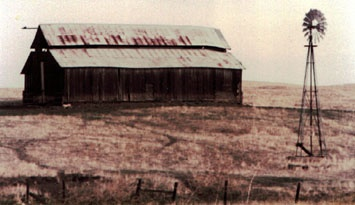


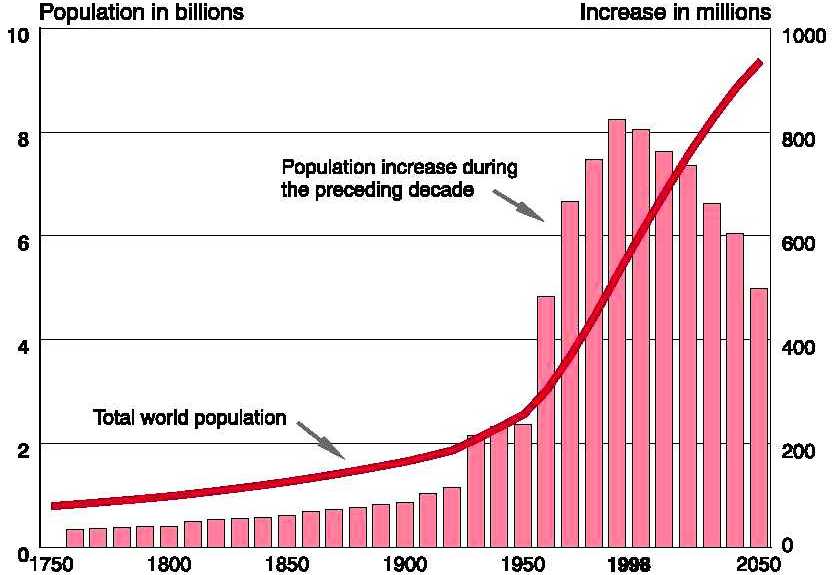

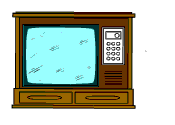

.gif)
